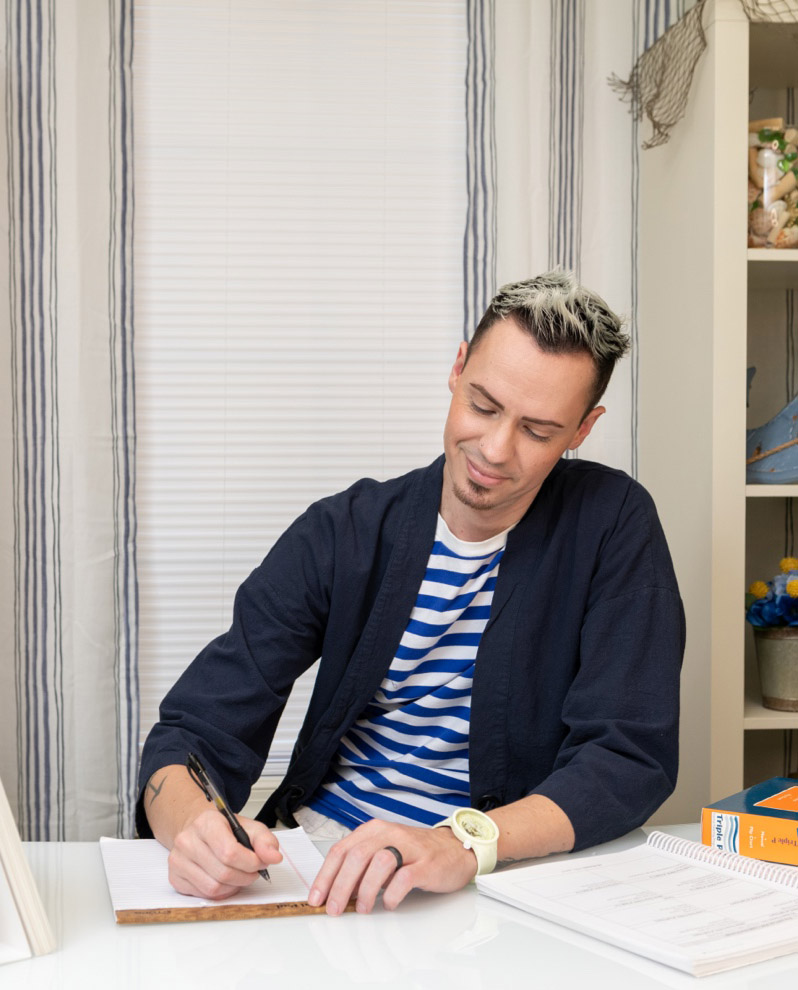Developing Executive Functioning Skills
As parents, we are all aware of the importance of helping our teens continue to develop strong executive functioning skills. We may see some difficulties early on in childhood, yet by the time they are in high school, and demands have greatly increased, those difficulties can lead to huge problems.
Executive functioning is a set of mental processes that help us plan and organize tasks, remember information, and manage our emotions in order to achieve goals. Specific skills include delaying gratification, flexible and/or abstract thinking, the ability to recall and apply information, and the ability to ignore distractions and resist temptation. Developing these skills early on can be beneficial for your teen’s academic performance, as well as their overall success later in life, yet teens and young adults are still developing these parts of the brain, and need opportunities and support to do so!
Fortunately, there are several strategies you can use to help your teen strengthen their executive functioning skills at home:
1) Encourage them to practice planning ahead: Help your teen learn how to break down larger tasks into smaller steps, so they can better visualize how each step will lead them closer towards achieving the goal. This could include setting deadlines or creating simple checklists for completing projects or assignments on time. Help them think through how long an assignment or project will take, as teens may often underestimate the time and energy required to complete a task.
Additionally, it may not be as helpful to our teens as we think it is, to tell them that they “should” be able to solve the problem because they have done something similar before. This can often create feelings of shame for teens, who may now want to hide the fact that they are having a problem since you basically told them that they “should” have figured it out by now.
2) Promote organization: Help your teen create systems, such as color-coded folders or writing out daily schedules or To Do lists, so it becomes easier for your teen to remember what needs doing – when it needs doing – without having everything become overwhelming and chaotic. It may also be helpful to connect with your teen’s teacher(s) if there seems to be an organizational issue in a particular class, as this teacher may be using a different method than what your teen is used to doing in other classes.
3) Provide practical and emotional support during problem-solving activities: When faced with difficult problems that require critical thinking, offer guidance, but resist the urge to offer specific solutions yourself. Instead, encourage independent thought by asking open-ended questions like, “What do you think would happen if…” and “What do you think you might need to solve this problem?,” which will give them an opportunity to exercise creative problem solving techniques, while gaining confidence in themselves along the way. Additionally, it may not be as helpful to our teens as we think it is, to tell them that they “should” be able to solve the problem because they have done something similar before. This can often create feelings of shame for teens, who may now want to hide the fact that they are having a problem since you basically told them that they “should” have figured it out by now. Teens will continue to need support and nurturing, regardless of their skills, challenges, and intelligence.
By implementing these strategies consistently over time, you will start noticing improvements, not only within their academics, but also within other areas (e.g. social interactions with peers, confidence and self esteem, a willingness to try new things). Executive functioning skills can take decades to develop, and teens will certainly be in very different places in their development, regardless of their age. Approach them with the confidence and expectation that they CAN figure it out on their own, yet reinforce the fact that they have your support and don’t HAVE to do it on their own.



